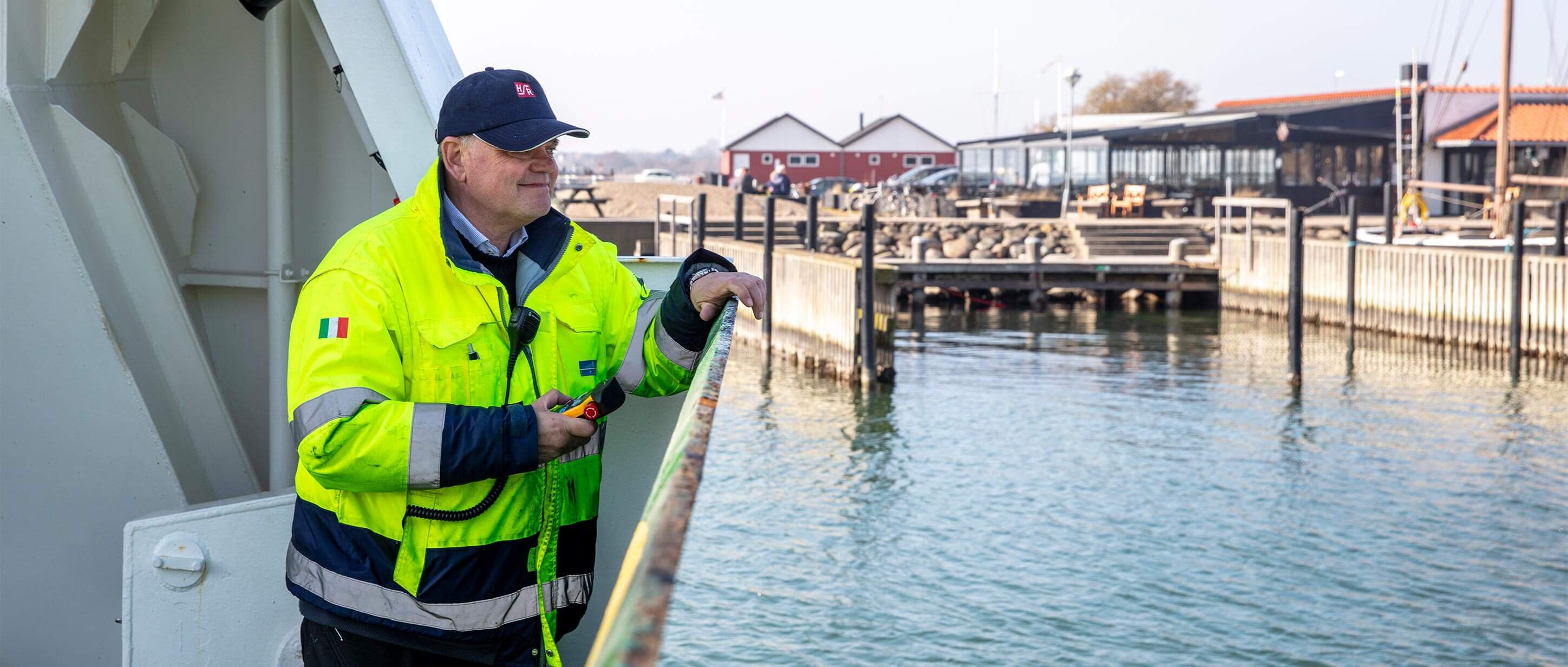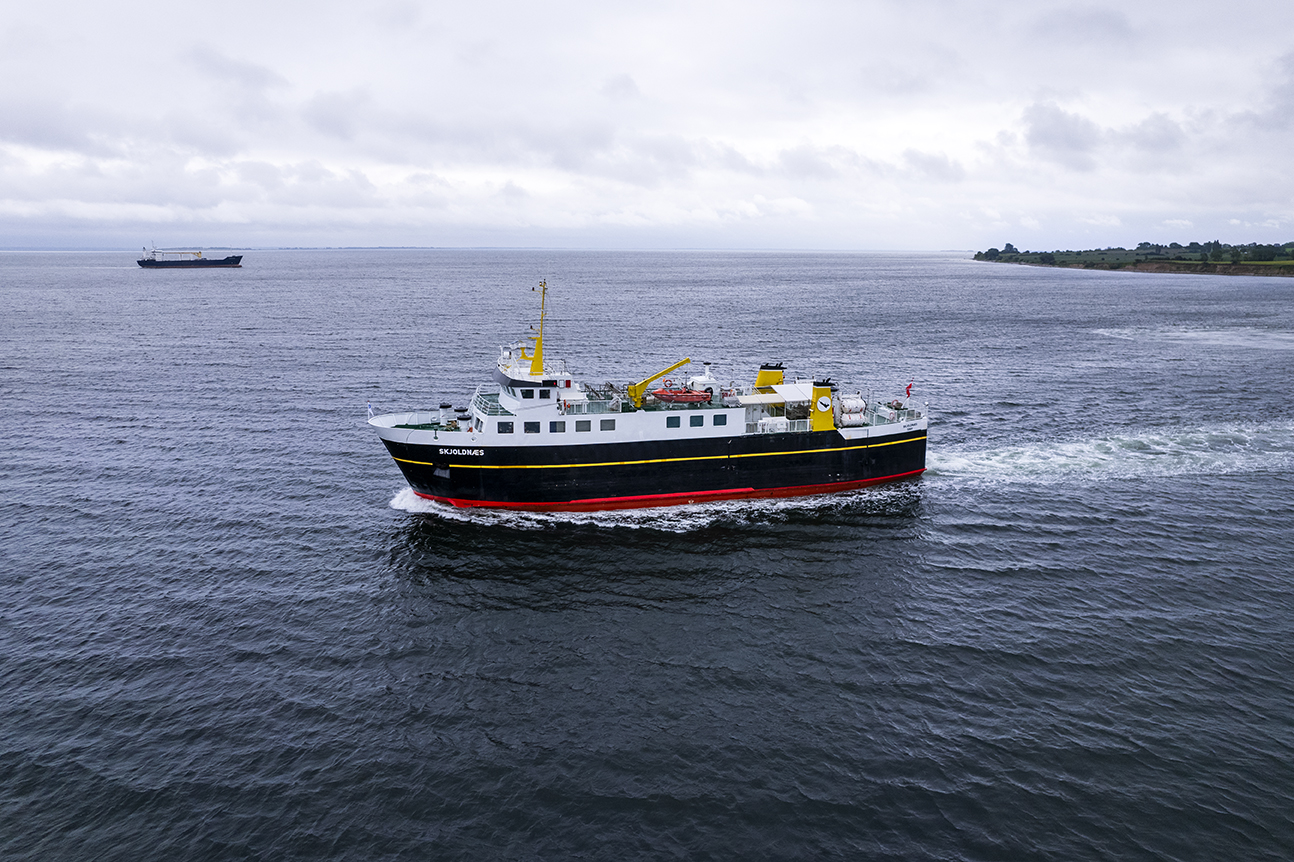The theme of this year's edition of World Maritime Day was "Navigating the future: safety first!" as the IMO's reminder that the new technologies and innovations of the future must not compromise safety at sea.
The safety of seafarers is not only at the top of the agenda here in Danish Shipowners’ Accident Insurance Association, the area is also a high priority for the International Maritime Organization, IMO.
The UN body chose to emphasize this when this year's edition of World Maritime Day was held. The theme for 2024 was "Navigating the future: safety first!", and safety has been central to the IMO's activities since its foundation in 1958, the organization emphasizes.
Today, the focal point of the IMO is still to formulate the international regulations that the world's maritime nations, including Denmark, must follow. In recent years, many of these rules have concerned decarbonisation and the sustainable transition of the global merchant fleet.
This transition is already affecting both the shipping industry and seafarers, and it will only become more pronounced in the coming years. But that does not change the fact that safety must come first, says the IMO:
Besides decarbonization, safety matters in digitalization, automation and fishing vessel safety will be of paramount importance in the current decade and those to come. The 2024 theme, "Navigating the future: safety first!" is therefore most timely.
The development of new technologies, the use of alternative fuels, digitalization and automation must be effectively managed to ensure the safety and health of the maritime workforce and the protection of livelihoods.
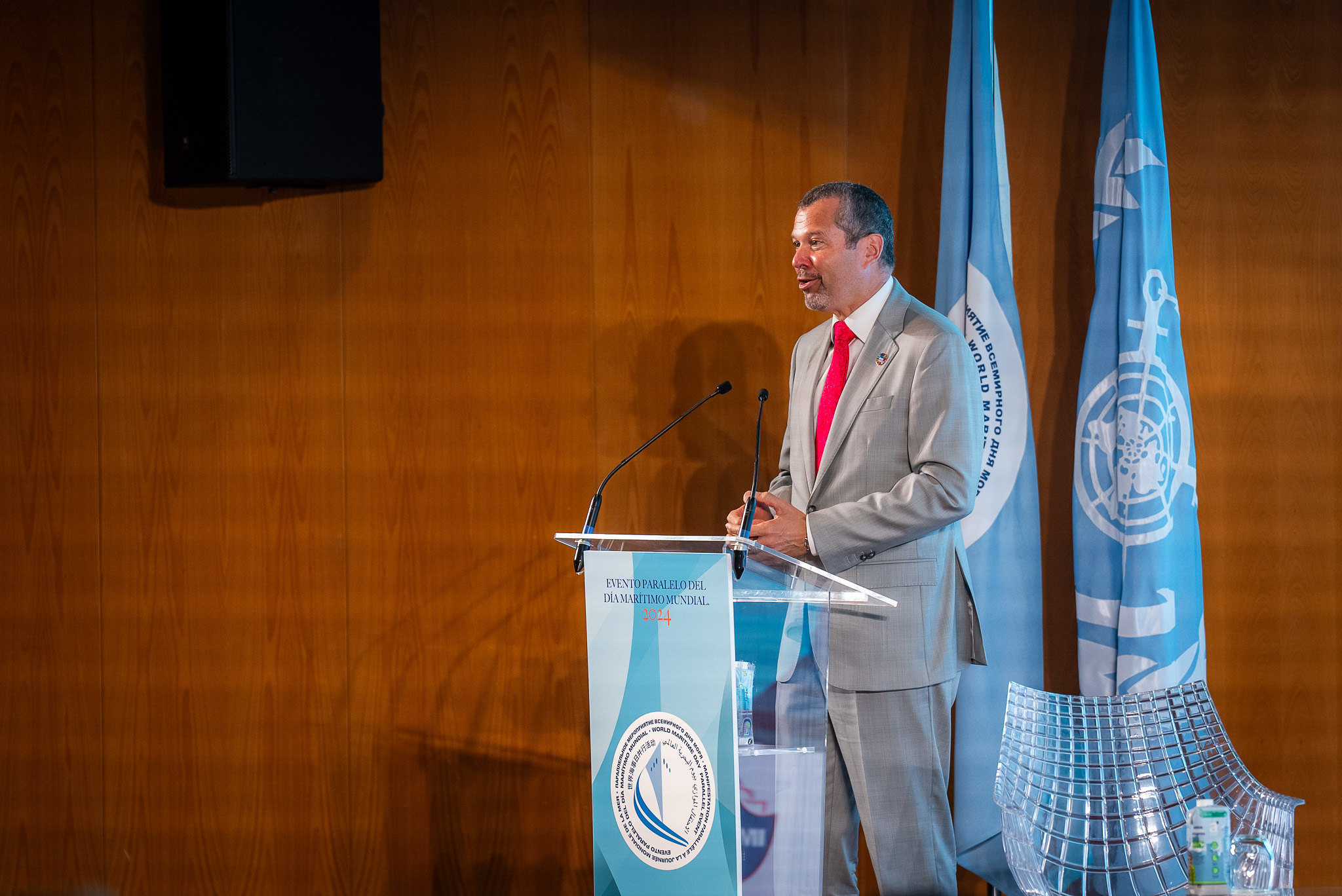
Theme calls for collective action
2024 is also the year when the International Convention for the Safety of Life at Sea (SOLAS) turns 50 years since its adoption in 1974. However, the first version of the convention dates back to 1914 and was created in the aftermath of the Titanic disaster in April 1912, in which around 1,500 people lost their lives.
»We can be proud of the crucial role this Convention has played in setting international safety standards for ship construction, equipment and operation, preventing maritime disasters and protecting lives. But we cannot be complacent,« as Secretary-General of the IMO, Arsenio Dominguez, comments.
»This year's World Maritime Day theme: "Navigating the future: safety first!" calls for collective effort to ensure we keep pace with the ongoing transformation in shipping. And at IMO, we must ensure the continued development and implementation of the regulatory regime to prioritize safety as we steer towards tomorrow,« he adds.
Against this background, the IMO concludes that 'Improving maritime safety by ensuring that each link in the chain of responsibility fully fulfils its obligations is a priority for the global maritime community and essential for future global economic growth and prosperity.'
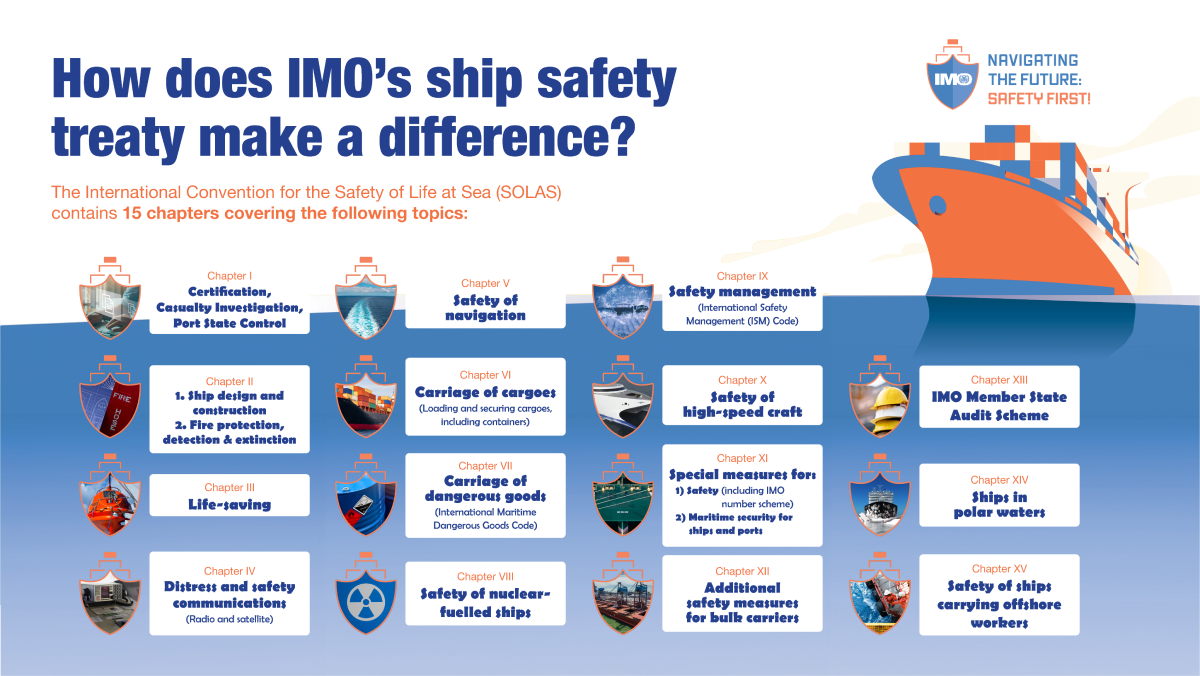
Measures improve safety and climate footprint alike
At an event in Barcelona in continuation of World Maritime Day, the organization further focused on the connection between safety, decarbonization and the emergence of other new technologies that characterize the industry in recent years.
»Safe shipping must also be sustainable and compatible with greenhouse gas (GHG) emission reduction targets. Measures to enhance navigational safety, such as using technology to optimize voyage planning with up-to-date weather data, not only improve the safety of ships, but also help to reduce their emissions,« Arsenio Dominguez said.
»We are placing a lot of emphasis on the evolution of our safety regulations, ensuring they focus on seafarers and their training,« he continued.
Subsequently, the event featured panel discussions on the importance of seafarer education, underlining that decarbonization will require new technologies, alternative maritime fuels and new skills to handle them safely.
The following discussions reflected key developments in IMO’s regulatory work, including ongoing negotiations on proposed new measures to reduce greenhouse gas emissions from ships, set to be adopted in late 2025, as well as progress towards an overarching IMO digitalization strategy and a Code to regulate autonomous ships.
In other words, there is a rapid development going on, which we at the UFDS are very much looking forward to following.



